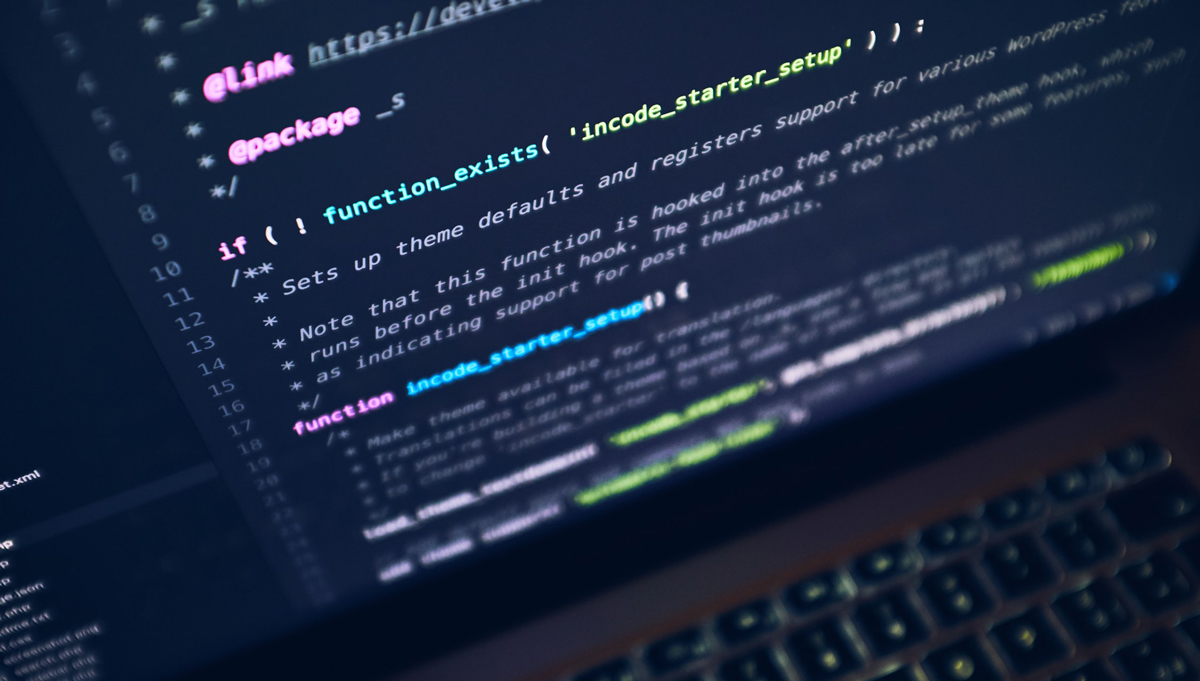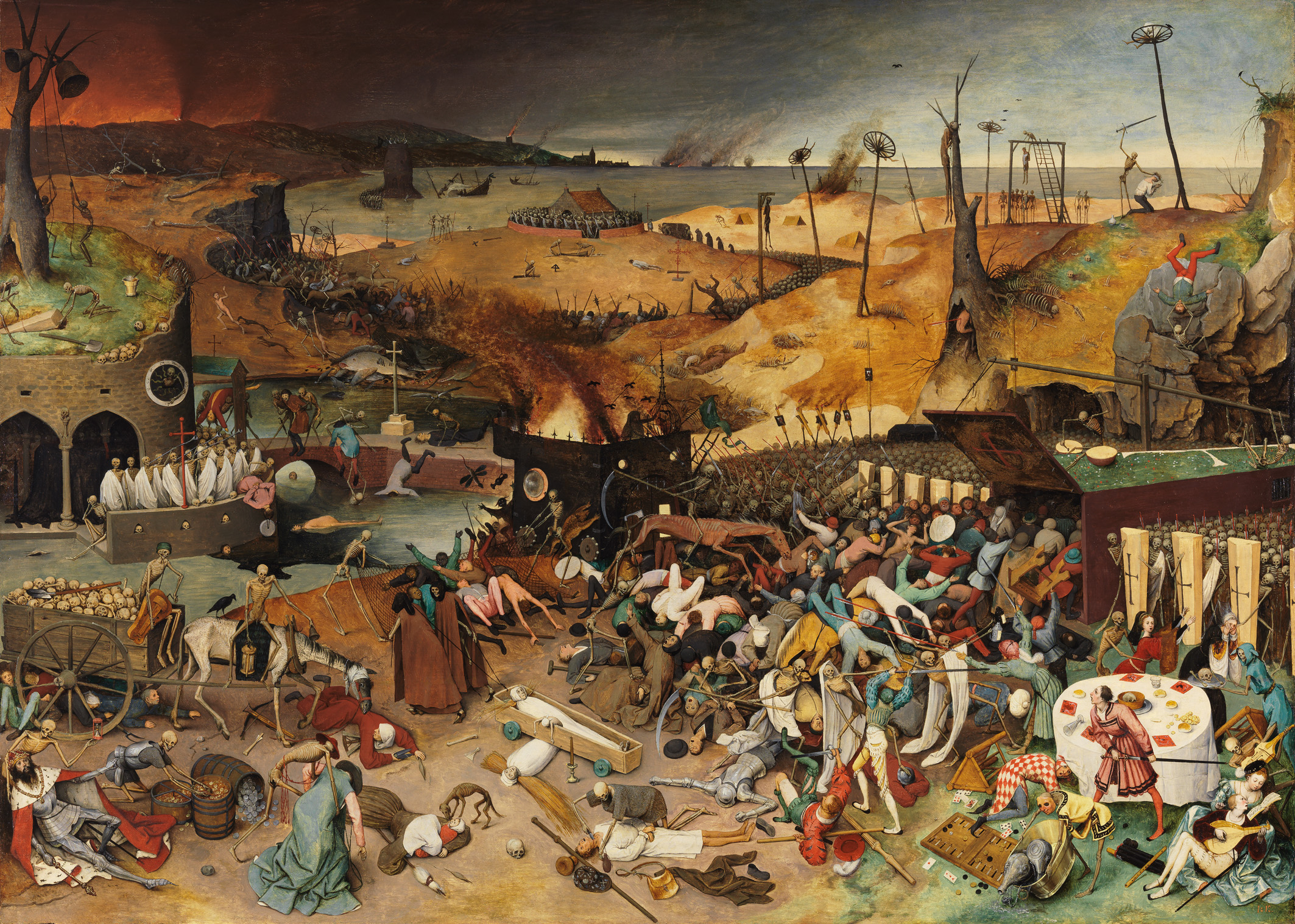Disruption
30 October 2017
Disruption of work practice and business models continues. The taxi industry has been disrupted by Uber; the hotel industry has been disrupted by Trivago. Your industry could be disrupted too.
At the level of each industry, disruption is seen as either an opportunity or a threat; but what about at the level of the economy as a whole? While Uber may have created more jobs at the same time as it threatened jobs in the taxi industry, the next disruption – driverless cars – won’t create more jobs. Multiply the disruptions coming in the finance, health, administration, transport and other industries, and it looks like there’s going to be less work to go around.
The above examples are from what I will now call ‘traditional’ digital disruption. The implications of the rise of artificial intelligence (AI) will be more profound. AI has been on the cusp of greatness for decades – always “about ten years away” from reality. Some thought it would never really be achieved. However, the last five years has seen remarkable strides forward. Entrepreneur Elon Musk (Tesla) and astrophysicist Stephen Hawking (black holes) are both of the view that AI will take humanity out. Not so much in a Skynet sense (Terminator), but more in a ‘we know what’s best, we’ll handle it from here’ sense. Systems are already so complex and interrelated that no one human could possibly understand them (think of the stock market crash that was fuelled by automated trading systems that bought and sold shares without anyone intervening). The Terminator outcome is still science fiction (let’s hope so). More likely is that AI will simply be another major disruptor to how the world is organised, and to our concept of humans as the value creators.
The implications for the economy of all these disruptions are that more value will be created, but it will accrue to fewer people.
Wealth will become more concentrated – as if the world needs more wealth concentration. A reduction in disposable income across a large swathe of a population leads to a smaller market for the new automated services (and for old services too). The opportunity for society to benefit from automation is swallowed up by a downward spiral in consumption as the economy tanks.
Wealth will become more concentrated
Responses to this real threat have been suggested. Bill Gates (Microsoft billionaire) thinks we should tax robots, so that a pool of money is available to help transition industries and workers into a new world. Others have called for a Universal Basic Income – every citizen gets an unconditional weekly payment. Some baulk at this because it does not fit with their internal narrative of how things should be. Others are fearful of a growing underclass of displaced workers who will either ‘rise up’ or, more likely, stop consuming (because they’re broke) and wreck the economy.
There are political implications. Perhaps it was just such a cadre of displaced workers that led to Trump. When your job is gone to automation (and that automation is not even undertaken in your own country anymore); when your house value falls to almost nothing because everyone is leaving town because there’s no jobs here anymore; when your kids leave town because there’s no local economy and no work – how do you feel? What do you do? And when someone comes along and promises easy answers and finds others to blame, maybe you listen. And when your news source (itself disrupted and desperate for internet clicks) knows that feeding your prejudices and fears will sell their ‘product’, maybe you give them more time than you know, in your heart, that you should.
your news source knows feeding your prejudices will bring them clicks
A clash of worldviews continues. On the one hand are those that see all change purely from a personal or business perspective, asking only: what does it mean for me? A poster child for this viewpoint could be Margaret Thatcher, who famously said there was “no such thing as society”. On the other hand, there are those who want to understand the broader society-wide picture, and do have a view that we accomplish more together than just pursuing dog-eat-dog self interest.
These arguments are often mediated through discussions of ‘the economy’ – as if it was itself a thing to be protected in its own right, rather than just a means to an end. Don’t get me wrong, a tanking economy is horrible and has real-world effects in the lives of millions. But we shouldn’t lose sight that the economy exists as a construct to serve us all, not as a thing to which we must be subservient. You know, like economists suggesting that creating austerity is needed until things get better (‘floggings will continue until morale improves’).
Further, an economics based only on endless growth and mindless consumption will eventually hit the limits of the laws of physics. There’s only so many of the planet’s resources we can throw away; only so much capacity in our oceans and atmosphere to soak up what we throw into them. We are stripping our resources at an unsustainable rate, and fouling our own nest in the process. Ironically, dealing with this could be an industry of the future. And avoiding it, or at least mitigating its effects, could be an industry of right now.
While my industry (information technology) gets excited about the business opportunities of automation, my employer (the government) must take a broader society-wide, economy-wide and environmental view.
It’s not a case of determining what is “right” or “wrong”. Away from failed centrally planned economies, governments don’t get to hold back innovations in business models, nor should they. It’s more a case of: ‘this is the new reality, how do we prepare society for what’s next and what policies should be put into place to take the edge off the pain’. Like most things in life, getting on the front foot is better than being blindsided.
The disruption is here, and increasing. How we respond as a society is up to us.
Image: Code on laptop by Luca Bravo on Unsplash
More on information technology and economics
Disruption
Geoff2021-04-22T20:11:01+10:0030 Oct 2017|Tags: economics, information technology|
IT Futures
Geoff2021-04-23T13:38:16+10:0028 Mar 2017|Tags: economics, information technology|
Strategic Planning
Geoff2021-04-23T16:55:12+10:0021 Feb 2017|Tags: economics, information technology|















Leave A Comment